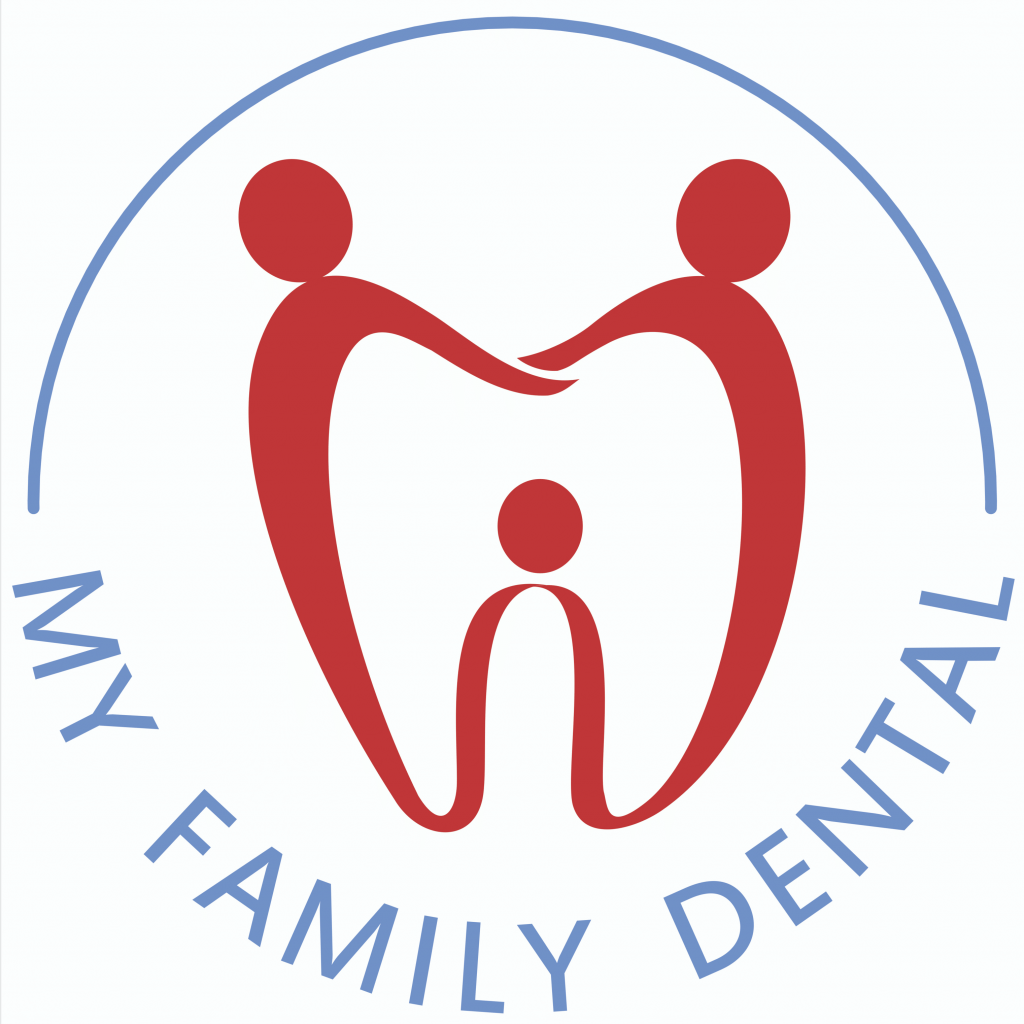You start to be concerned as soon as you notice sensitivity in your mouth. The pain gradually worsens until it is excruciatingly unpleasant. Naturally, you want to determine the underlying cause of the pain. However, pinpointing the source of your discomfort is nearly impossible.
Many causes of tooth pain can be classed as a dental emergency. Therefore, it is beneficial that you visit the dentist in an emergency as the dentist will be able to determine the underlying cause straightaway.
Ignoring it means your dental health may gradually get worse. Understanding the common types of dental emergencies is a good starting point.
What Are The Types Of Dental Emergency?
So, let’s take a look at the common types of dental emergencies.
A Knocked-Out Tooth
If the tooth has been in strong physical contact with heavy pressure, it can get dislodged fairly rapidly. It’s critical to rinse the tooth with water or milk and replace it in its socket. You can also keep it in a moist container. If it is not possible to repair the tooth, the dentist may recommend dental implant surgery.
Cracked Tooth
Trauma or a physical injury can cause a tooth to fracture or shatter, and this is the most common type of emergency. A crack can also form if you have Bruxism, a condition in which your teeth slowly deteriorate as they grind together as you sleep. A break in the tooth can spread to the root, causing excruciating agony. When this happens, it’s difficult for the dentist to save what’s left of the tooth, and extraction is almost always necessary.
Damaged Filling
Fillings in teeth aren’t always permanent. When it is abruptly displaced, however, the sensitivity increases and the tooth becomes sensitive to hot and cold temperatures and foods. It is necessary to treat an infection before it spreads across the cavity.
Tooth Decay
Tooth decay is caused by an oral infection called a dental abscess. When plaque gets caught on teeth, it develops into acid, which causes cavities (holes in the teeth) and gum disease. If left untreated, decay can quickly lead to tooth loss.
Loose Dental Crowns
Loose dental crowns occur when the crown that protects the natural tooth becomes decayed. This means that a cavity has formed beneath the crown. Also, a tooth’s structure can change, which also loosens the crown as well. It is recommended that you store the crown in a moist container at room temperature before bringing it with you to the dentist.
How Can I Reduce The Chances Of A Dental Emergency At Home?
When a dental emergency arises, it isn’t something that should be ignored, and neither would it be reversed. Dental emergencies are problematic because they can occur at any time. It’s tough to make recommendations for preventative steps to avoid a dental emergency. However, there are some steps you can take to ensure that your oral health is as good as it can be:
- Don’t use your teeth to open packaging or bite down on hard objects
- Brush and floss your teeth twice a day to keep your mouth clean during the day and at night
- Regularly visit the dentist for a dental cleaning
- Wear a mouthguard when playing physical contact sports
- Avoid sugary treats and replace them with calcium-rich foods that keep your enamel strong
If you’re experiencing oral pain, you should see a dentist as soon as possible to protect your oral health. Dental professionals have all the experience in treating pain quickly. To schedule an appointment, consult your local dentist right now. My Family Dental has dental clinics in Emerald, Bowen, Innisfail, Townsville, Ingham, and Bohle Plains for your convenience.



